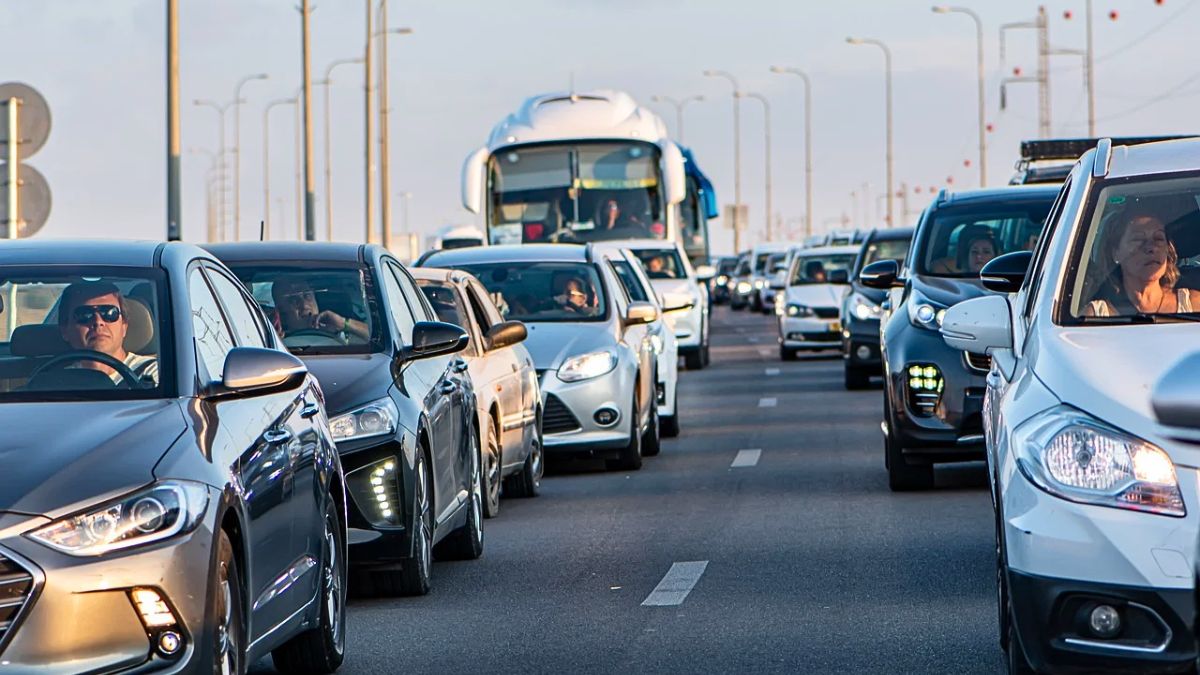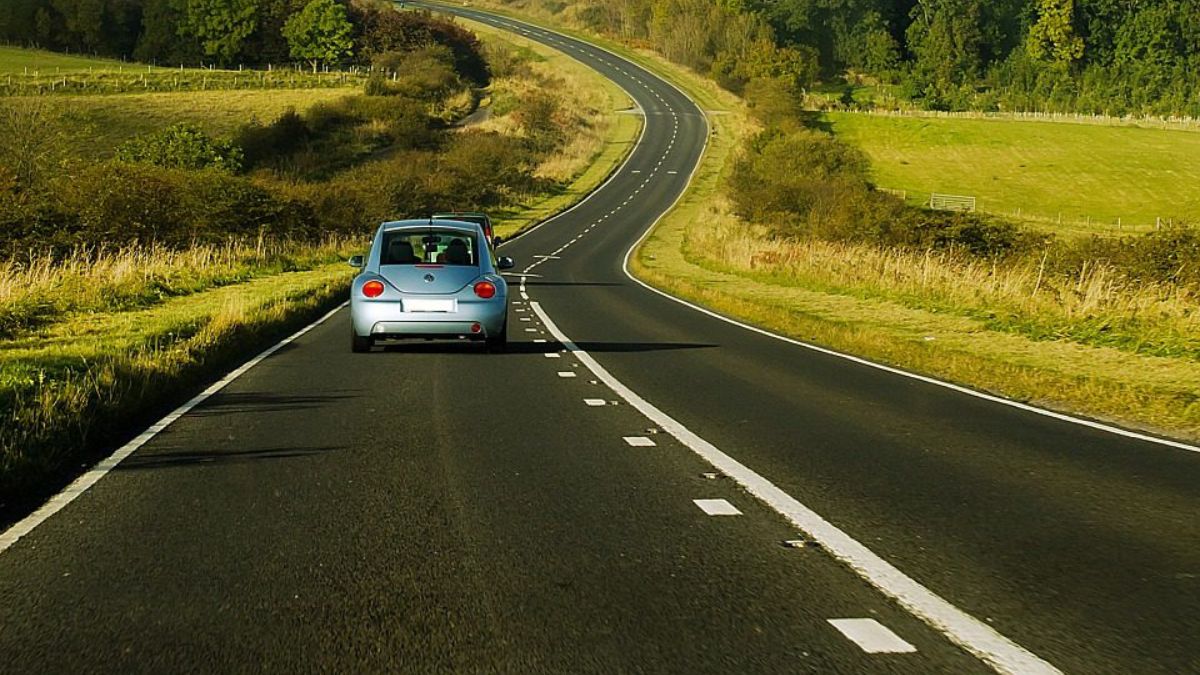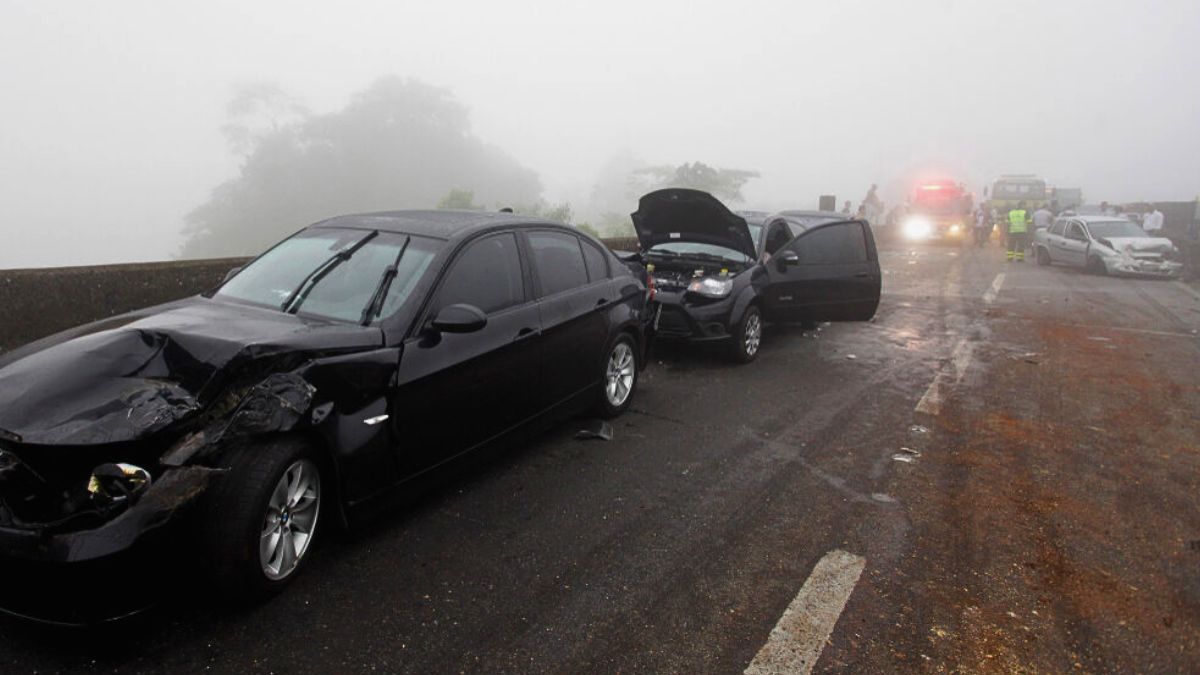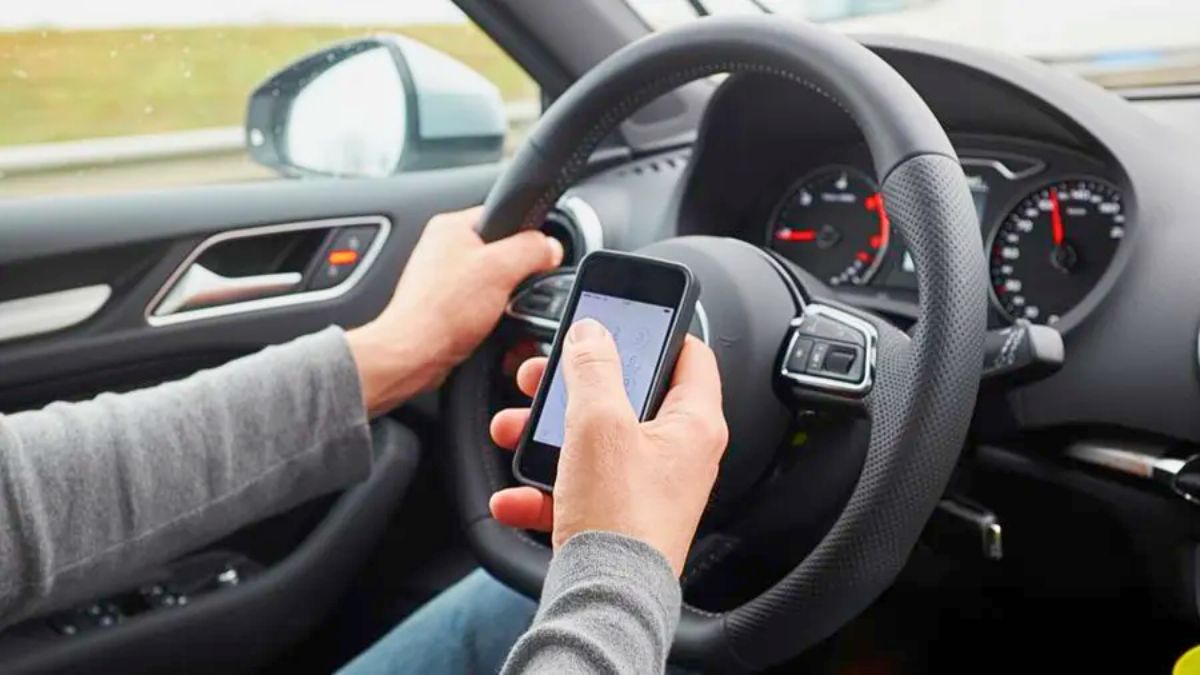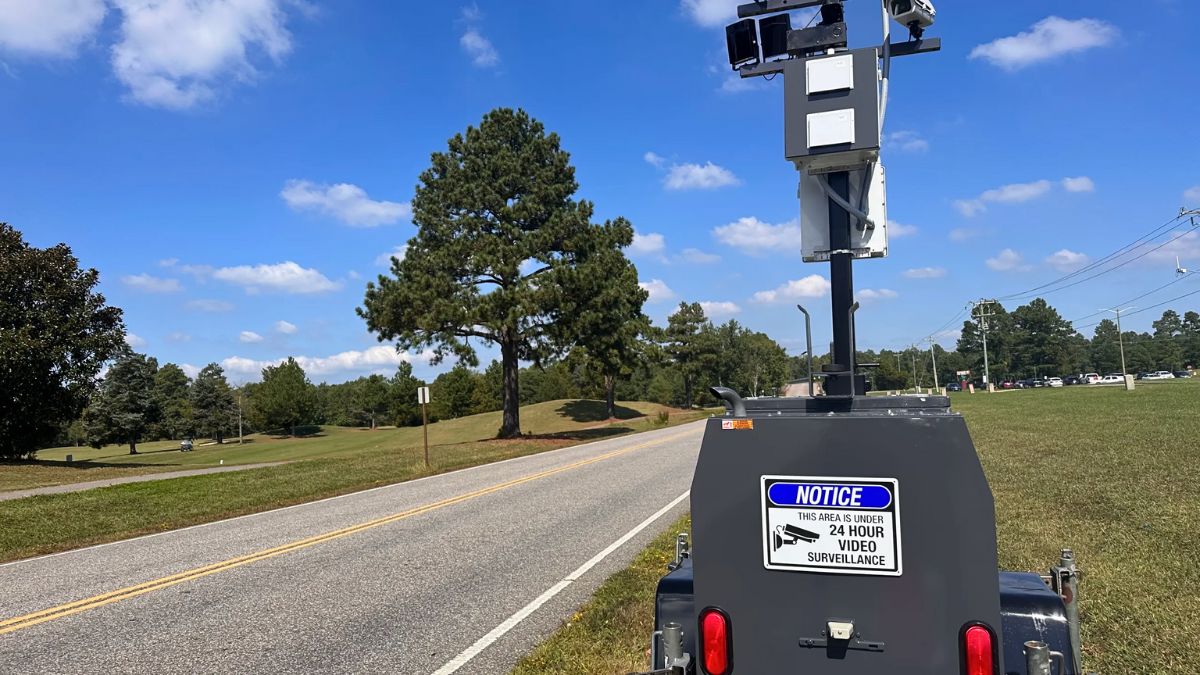We’ve all been there—stuck in bumper-to-bumper traffic on I-95, watching the minutes tick by while our engine hums away. But have you ever wondered if sitting idle in traffic is quietly wearing down your engine? Especially in a state like Virginia, where seasonal temperature swings and heavy traffic are part of the norm, it’s a valid concern. Let’s break down what idling really does to your engine, and whether you should be worried.
Idling
Idling means your engine is running while your car isn’t moving. Seems harmless, right? But over time, even just sitting in place can affect your engine’s health. In places like Virginia, where traffic congestion is a daily headache (hello, Northern Virginia), drivers tend to idle more than average. The result? Increased engine wear, wasted fuel, and more pollution.
Wear
While modern engines are designed to handle idling better than older ones, it’s not exactly stress-free. When you idle for long periods, especially during hot Virginia summers or freezing winters, your engine doesn’t operate at peak efficiency. The oil pressure stays low, which means less lubrication for moving parts. Over time, this can cause parts like piston rings and cylinder walls to wear out faster than they should.
Not to mention, the engine runs rich when idling—meaning more fuel is used than necessary, which leads to carbon buildup. This buildup can clog fuel injectors and reduce engine performance.
Fuel
Here’s something to chew on: an idling car can burn up to half a gallon of fuel per hour. That might not sound like much, but over the course of a week or month in Virginia traffic, it adds up fast. You’re literally burning money while getting nowhere.
Plus, with gas prices constantly shifting, especially in urban areas like Richmond or Fairfax, why waste it sitting still?
Emissions
Virginia has fairly strict environmental laws, especially in counties that fall under federal air quality nonattainment areas. Long idling times contribute to increased vehicle emissions—carbon monoxide, nitrogen oxides, and volatile organic compounds—that dirty the air and trigger respiratory issues.
In fact, some Virginia localities have anti-idling ordinances in place. For example, heavy-duty vehicles can face fines for idling more than five minutes. It’s not just about your engine—it’s about your community’s health.
Battery
When you’re stuck with the AC blasting and phone charging during idle, your car’s battery can take a hit too. The alternator isn’t operating at full output while idling, so it may not fully recharge the battery. Over time, that could mean a dead battery at the worst possible time—like when you finally try to pull away from the gridlock.
Alternatives
Want to reduce damage while still dealing with Virginia’s legendary traffic? Here are some smart moves:
| Tip | Why It Helps |
|---|---|
| Turn off engine when parked | Saves fuel and reduces emissions |
| Use auto start-stop tech | Cuts idle time automatically |
| Avoid peak traffic hours | Less idling = less wear |
| Keep engine tuned | Improves efficiency under all loads |
| Use synthetic oil | Better protection during idling |
Modern cars are tough, but they’re not invincible. Avoiding excessive idling is one easy way to protect your engine and your wallet.
While a few minutes of idling won’t destroy your engine, regularly sitting for long periods—especially in Virginia’s traffic-heavy corridors—can shorten engine life, burn fuel unnecessarily, and even land you on the wrong side of local laws. Next time you find yourself stuck in traffic, consider switching off the engine if you’re not going anywhere for a while. Your car (and your budget) will thank you.
FAQs
Does idling damage a car engine?
Yes, long idling increases engine wear and carbon buildup.
Is it illegal to idle in Virginia?
In some localities, idling over 5 mins can lead to fines.
How much gas is used while idling?
Up to half a gallon per hour depending on engine size.
Does idling drain the car battery?
Yes, especially if AC or electronics are running.
Is auto start-stop bad for engines?
No, it’s designed to reduce idle wear and save fuel.
